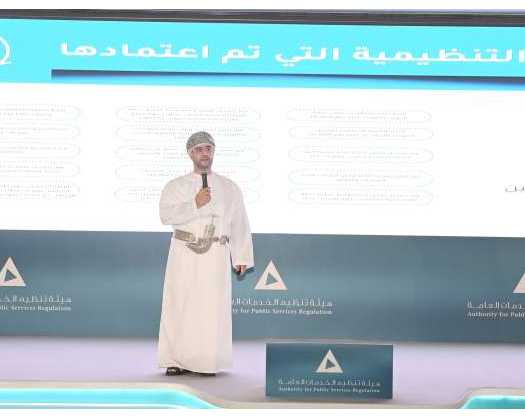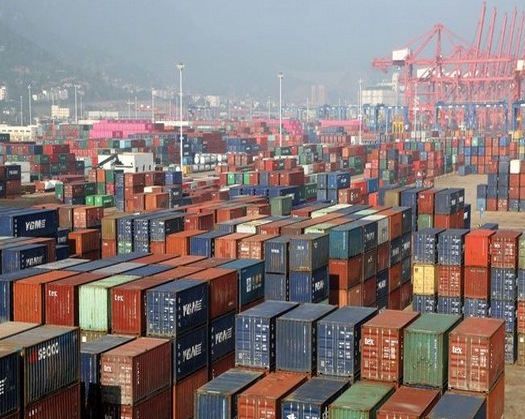Muscat: The Authority for Public Services Regulation (APSR) has revealed nine significant upcoming projects and initiatives in the fields of energy, renewable energy, water, and sanitation, in line with Oman's Vision 2040 and its goal of achieving net-zero emissions. These initiatives were presented during the APSR’s annual media conference, underscoring Oman's commitment to sustainable development. The event, which was sponsored by the Minister of Energy and Minerals and attended by prominent industry figures and media representatives, emphasized the strategic vision of the APSR.
Key Projects and Initiatives Propel Oman's Sustainable Energy Transition
Dr. Mansour bin Taleb Al Hinai, Chairman of the APSR, outlined ten pivotal projects, including enhancing the capabilities of the Wadi Dayqah Dam through the establishment of a water purification and energy storage facility, assessing the feasibility of geothermal energy, and converting waste into energy and biofuel. The power plant projects in Duqm and Misfah will utilize natural gas integrated with hydrogen technology, while community solar energy stations are set to be developed at health and educational institutions. Additionally, the APSR will concentrate on creating regulatory frameworks for energy transfer, completing studies on electricity supply competition, and promoting sustainability education through scholarships and technical training programs.
Performance and Progress in Regulated Sectors Indicate Positive Trends
The meeting highlighted notable advancements in regulated sectors, with renewable energy production projected to reach 9% of total energy output by 2024. Compliance with industry regulations and operational standards achieved 95%, while beneficiary satisfaction increased to 75%. Water flow reliability was reported at 97%, and the reliability of the transmission network reached an impressive 99.9%. The APSR also presented a comprehensive sustainable energy transition plan, which includes major solar and wind energy projects slated for completion by 2030, targeting a production capacity of 3,000 MW of solar energy by that time.
Service Delivery and Local Value Contributions Show Notable Improvement
The APSR has reported significant enhancements in service delivery, with electricity connection times now averaging two days and water connection times reduced to five days. The percentage of treated wastewater has reached an impressive 98%. Contributions to local value from regulated companies increased dramatically to OMR 66 million in 2024, a rise from OMR 35 million in 2023. Additionally, the electricity and water sectors' contribution to Oman's GDP rose to 2.5% in 2024.
Investment, Omanisation, and Regulatory Frameworks Enhance Sector Performance
From 2020 to 2024, investments in regulated sectors amounted to OMR 2.837 billion, indicating robust growth within the sector. Licensed companies achieved an Omanisation rate of 98.5%, showcasing a strong commitment to developing the national workforce. The APSR implemented various regulatory frameworks aimed at safeguarding subscriber rights, ensuring service reliability, and enhancing safety measures. Furthermore, the Authority clarified policies regarding service disconnections and compensation processes.
Operational Highlights and Strategic Initiatives Across Sectors
Licensed companies shared operational highlights, including key strategic initiatives in water transmission, desalination, and sewage treatment. The electricity sector experienced substantial growth in subscriber numbers, peak loads, and infrastructure advancements. Positive growth indicators were also reported in the water and natural gas transmission sectors. The meeting concluded with a dialogue session that promoted transparency and communication among the APSR, industry stakeholders, and the media, reinforcing Oman's dedication to sustainable development and efficient public services.









